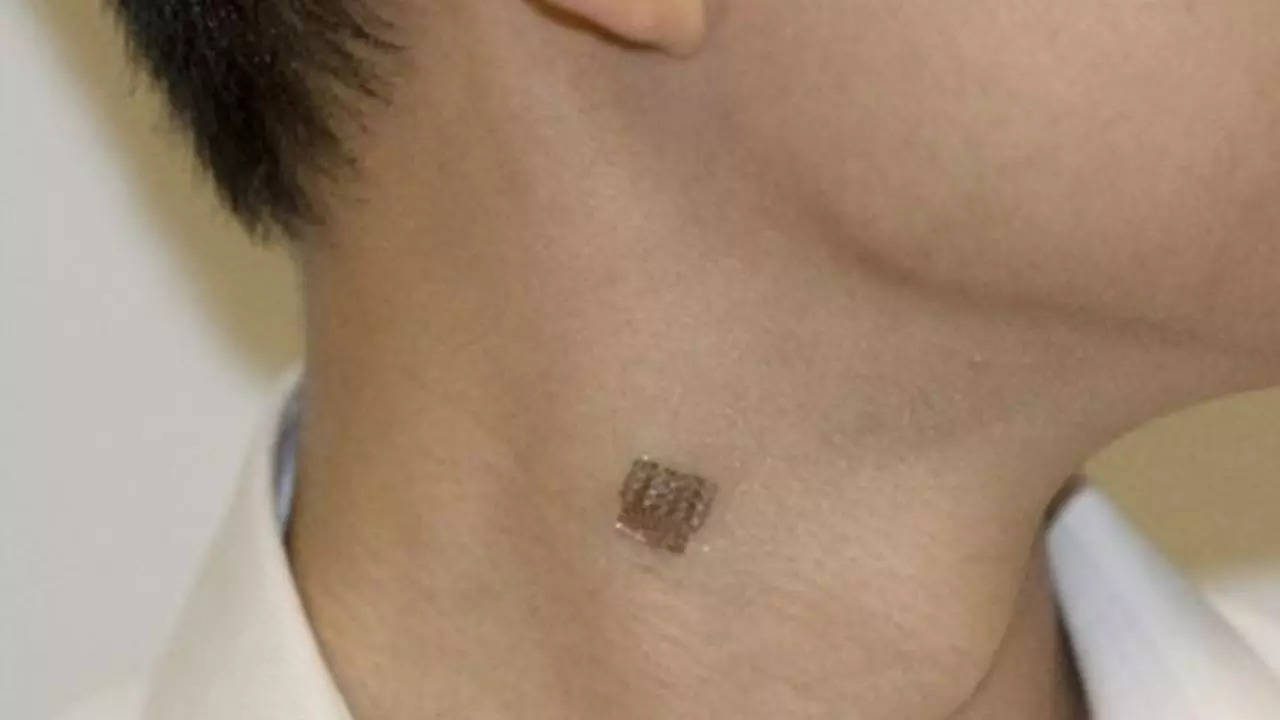When making diagnostic decisions, radiologists and other physicians may rely too much on artificial intelligence (AI) when it points out a specific area of interest in an X-ray, according to a study published today in Radiology , a journal of the Radiological Society of North America (RSNA). "As of 2022, 190 radiology AI software programs were approved by the U.S.
Food and Drug Administration," said one of the study's senior authors, Paul H. Yi, M.D.
, director of intelligent imaging informatics and associate member in the Department of Radiology at St. Jude Children's Research Hospital in Memphis, Tennessee. "However, a gap between AI proof-of-concept and its real-world clinical use has emerged.
To bridge this gap, fostering appropriate trust in AI advice is paramount." In the multi-site, prospective study, 220 radiologists and internal medicine/emergency medicine physicians (132 radiologists) read chest X-rays alongside AI advice. Each physician was tasked with evaluating eight chest X-ray cases alongside suggestions from a simulated AI assistant with diagnostic performance comparable to that of experts in the field.
The clinical vignettes offered frontal and, if available, corresponding lateral chest X-ray images obtained from Beth Israel Deaconess Hospital in Boston via the open-source MIMI Chest X-Ray Database. A panel of radiologists selected the set of cases that simulated real-world clinical practice. For each case, participants were presented with the patient's clinic.


















